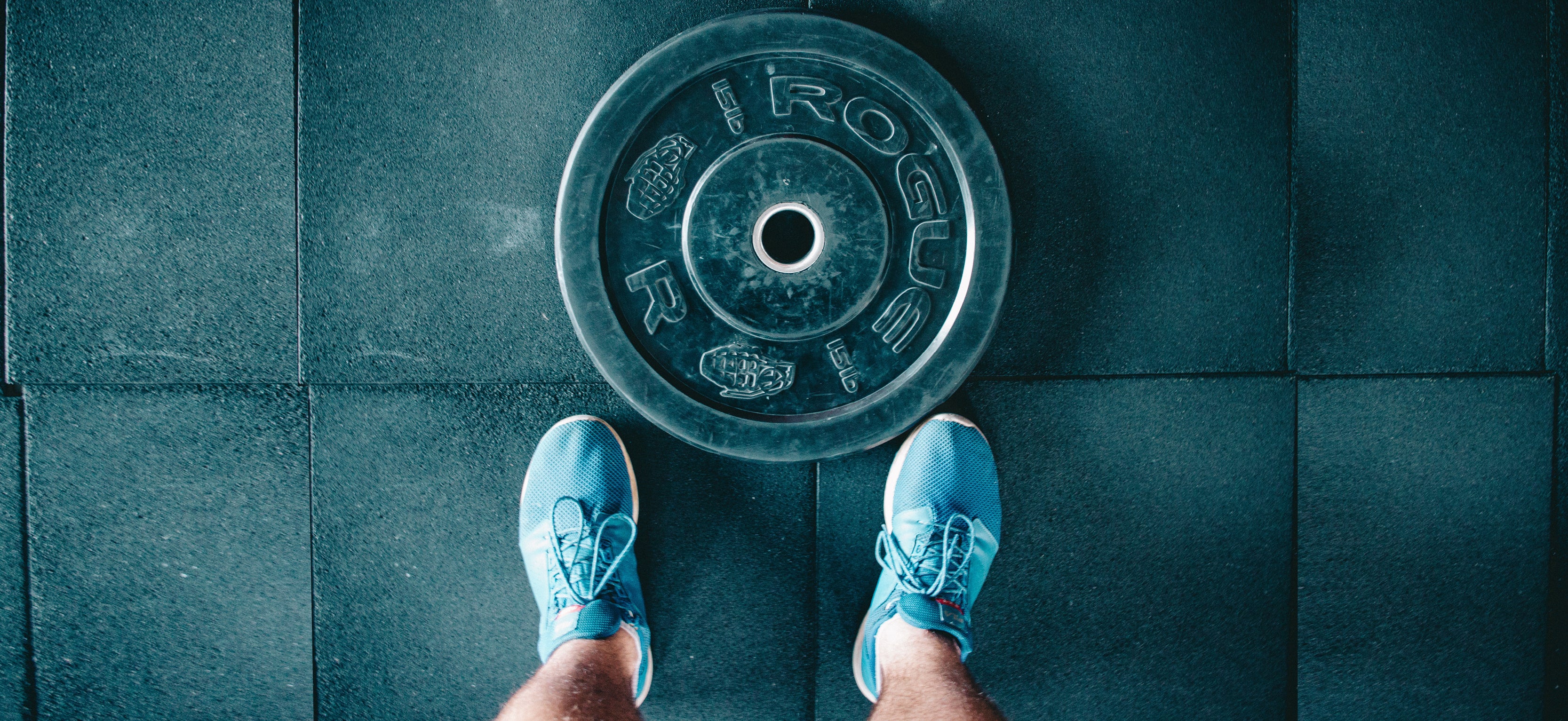Georgia Wilson’s Recovery Journey – Part 2
I’m quite possibly one of the few individuals who can openly admit (although with slight embarrassment) that I successfully managed to cry the first five months of 2018 away.
When regularly asked about the personal experience of rupturing my ACL earlier this year, most react shocked when I explain that I’d never felt so low before in my life.
A brutal response for a brutal experience, but nonetheless the truth.
I initially promised myself to be transparent and not mask the struggle that I would endure during the attempt to return and play for my country. My knee reconstruction provides the opportunity for others to gain insight into the rare highs and frequent, tormenting lows that are to be expected when encountering a major injury.
The initial days were by far the darkest. The severity of the injury coupled with immobility provided extreme challenge for someone routinely accustomed to training ten times per week and I found myself desperately clinging to those closest for help. It’s vital that you formulate your own support team, identifying a small handful of influential individuals in your life who you can openly communicate with and express exactly how you feel. For me, my support team includes several best friends, athletes from other sports, my sports psychologist and immediate family. On one occasion when I was feeling particularly sorry for myself, my best friend physically dragged me out of bed whilst still on crutches, showered me, cleaned my room, washed my sheets, painted my nails, straightened my hair and brought me lunch. It was one of the many times where I have been so grateful for them.
These individuals are also those who can help prepare and alter your environment to make it as suitable as possible. If you are having to undergo surgery, it’s best to try and minimise required commitments so that your recovery is the central focus. Unfortunately, there isn’t a convenient time to become injured but eliminating unnecessary stress can be achieved by reducing work or study demands. Plan logistics in advance, applying for extensions with assessment deadlines and ask fellow employees to take any part time working shifts off your hands. I recommend pre-arranging crutches and purchasing one or two large bags of ice from a service station so that you can best utilise your bodyice pack to reduce swelling. Now is also around the time when you need to beg a friend for their Netflix login details. Prepare to spend a lot of time star fished on the lounge room floor watching Orange is the New Black.
You’re most likely to be unable to drive for several weeks’ post-surgery so it’s useful to organise with someone who lives nearby to have access to transport. If you are ‘lucky’ enough to still live at home (shout out to all of the other poor uni students), you can leverage off family members to cook for you but if living alone, I’d suggest politely asking someone with above average cooking skills to pre-make several meals that can easily be re-heated for your convenience.
A first world problem which will also be encountered includes the difficult task of transporting your food from the microwave to the table whilst on crutches. A mission so challenging it may be worth employing a friend to stay a few nights. Unfortunately, my case saw all three of my sisters officially resign from being the role of my personal slave but creative use of a backpack whilst hobbling around the house allowed me to gain my freedom and independence back.
Now that you’re going to have so much free time on your hands away from sport, you can dedicate it towards other personal development activities. I was able to distract myself and study full time, finishing my Bachelor of Science degree six months earlier than originally anticipated. I’ve also managed to expand my baking skills along with my waistline so research and experiment different activities that align with your interests and passions.
The journey ahead of you will undoubtedly feel overwhelming initially. The most frequent thoughts that crossed my mind upon injury was the solitude I experienced when have to complete a hamstring rehabilitation two years earlier. I’ve discovered however that rehab shouldn’t be a lonely road. Recruit people who may be facing similar circumstances. I have three different training partners, one who I swim with and is similarly overcoming a knee injury alongside two other professional athletes who cross train and provide conversation whilst my lungs try to familiarise themselves with a foolish activity some term ‘running.’
Lastly, remember it’s perfectly alright to feel down. What’s important though is to only observe what you are feeling and not judge your emotions. The practice of mindfulness and meditation has played an invaluable coping skill and one that I highly recommend you try to incorporate into your daily routine. If at any time you find yourself overwhelmed or anxious, a simple activity that can be performed involves scanning your environment with the aim to try and identify five different senses in your surroundings. It can be the feeling of a seat-belt under your arm or the sound of a child laughing. It’s a quick activity that centers and brings us back to the present, reminding us that we are capable of overcoming any task dealt to us.
Georgia Wilson plays Hockey for Australia. You can follow Georgia and her recovery journey on Instagram: https://www.instagram.com/georgia.s.wilson/





Leave a comment
All comments are moderated before being published.
This site is protected by hCaptcha and the hCaptcha Privacy Policy and Terms of Service apply.